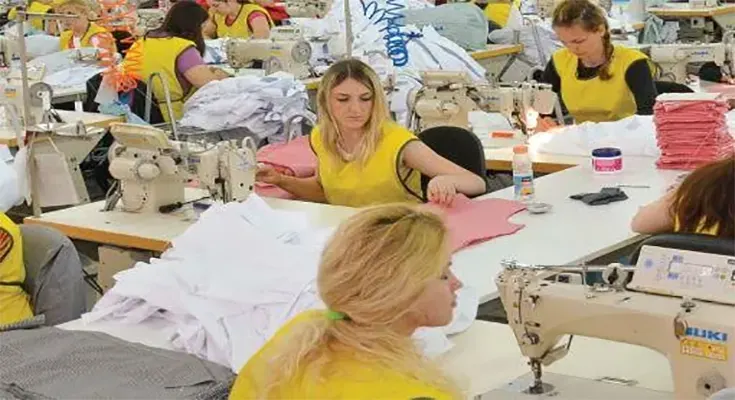The global fashion industry is characterized by intricate supply chains that span continents, connecting consumers with garments produced in a myriad of locations. As awareness around sustainable and ethical practices grows, the spotlight is increasingly on the sourcing of materials and labor practices in international garment production. In this article, we explore the significance of ethical sourcing and labor practices in the context of the garment industry and the steps that can be taken to ensure a fair and sustainable supply chain.
Importance of Ethical Sourcing
Key Aspect:
Ethical sourcing refers to the procurement of materials and components that are produced in a manner that respects human rights, minimizes environmental impact, and supports fair trade practices. In the garment industry, where raw materials are often sourced from developing countries with lax labor regulations, ethical sourcing is crucial to protect the rights and well-being of workers involved in the production process.
Impact on Sustainability:
By prioritizing ethical sourcing practices, fashion brands can mitigate the negative social and environmental impacts of their supply chain operations. This includes supporting sustainable farming practices, ensuring fair wages for workers, and upholding labor standards that empower rather than exploit vulnerable communities.
Labor Practices in International Garment Production
Challenges Faced:
The garment industry has long been plagued by issues such as child labor, unsafe working conditions, and wage theft in countries where regulations are weak and enforcement is lacking. In the pursuit of low production costs and rapid turnaround times, many fashion brands have turned a blind eye to the human cost of their supply chain, leading to widespread labor rights violations.
Call for Transparency:
There is a growing demand for transparency in international garment production, with consumers, advocacy groups, and regulatory bodies calling for brands to disclose information about their suppliers and the conditions under which their products are made. By shining a light on the often hidden aspects of garment production, brands can begin to address systemic issues and drive positive change in the industry.
Steps Towards Ethical Sourcing and Labor Practices
Collaboration with Suppliers:
Fashion brands must work closely with their suppliers to establish robust social compliance programs that ensure labor laws are upheld, workers are treated fairly, and environmental standards are met. This involves conducting regular audits, providing training on ethical practices, and fostering a culture of transparency and accountability throughout the supply chain.
Investment in Traceability:
Embracing technology solutions such as blockchain and supply chain tracking software can help brands trace the journey of their garments from raw material to finished product, enabling them to verify the authenticity of their supply chain and identify areas for improvement. By investing in traceability tools, brands can enhance visibility, reduce the risk of labor abuses, and build trust with consumers.
The Road to Sustainability and Accountability
As the fashion industry grapples with the complexities of international garment production, the imperative for ethical sourcing and labor practices has never been clearer. By prioritizing transparency, collaboration, and investment in sustainable solutions, fashion brands can pave the way towards a more equitable and responsible supply chain. Ultimately, the shift towards ethical sourcing and labor practices is not just a moral imperative but a strategic necessity in a world where conscious consumers are demanding greater accountability from the brands they support. It is through collective effort and unwavering commitment to ethical principles that the fashion industry can create a more sustainable and humane future for all stakeholders involved in international garment production.





